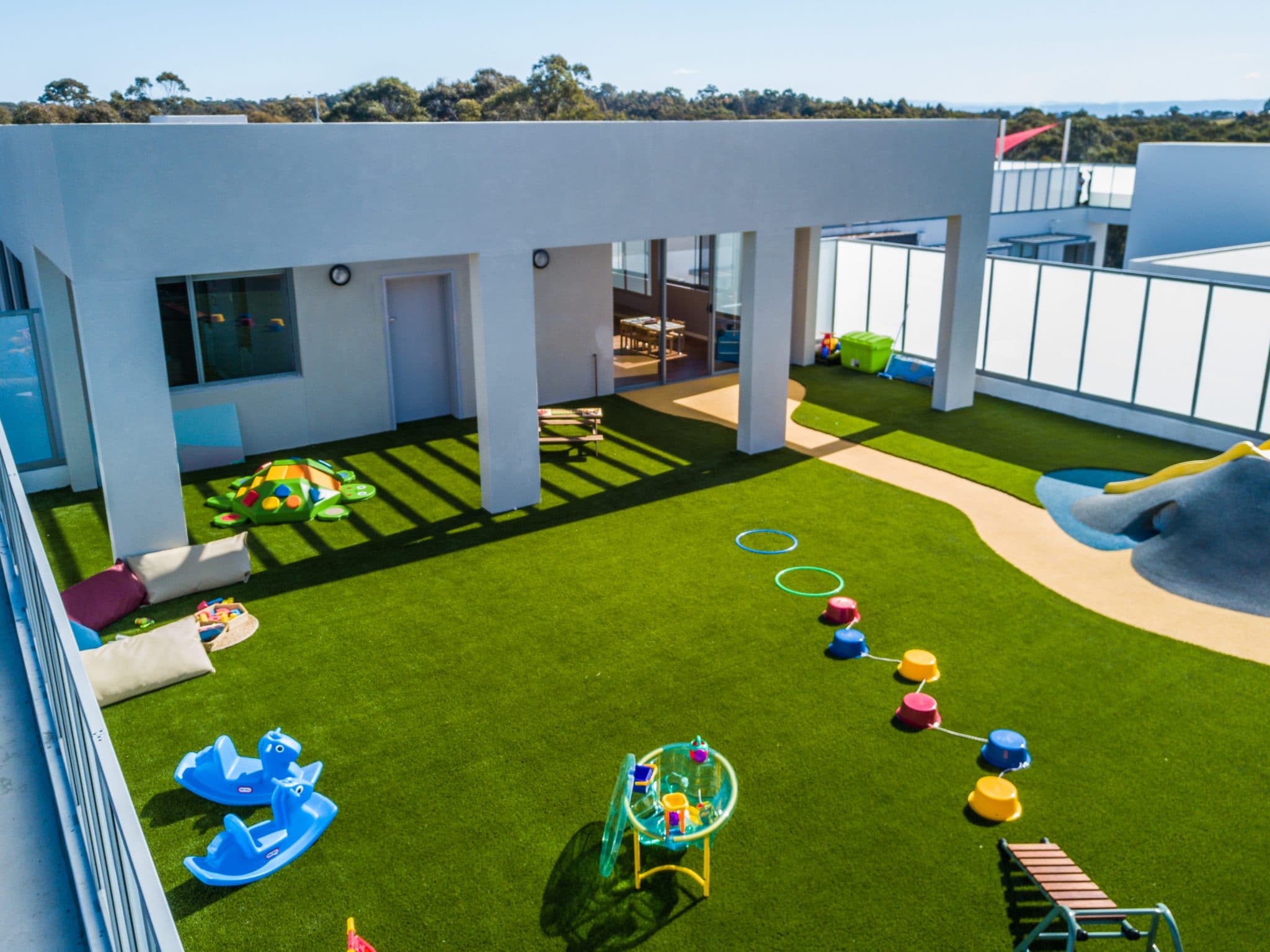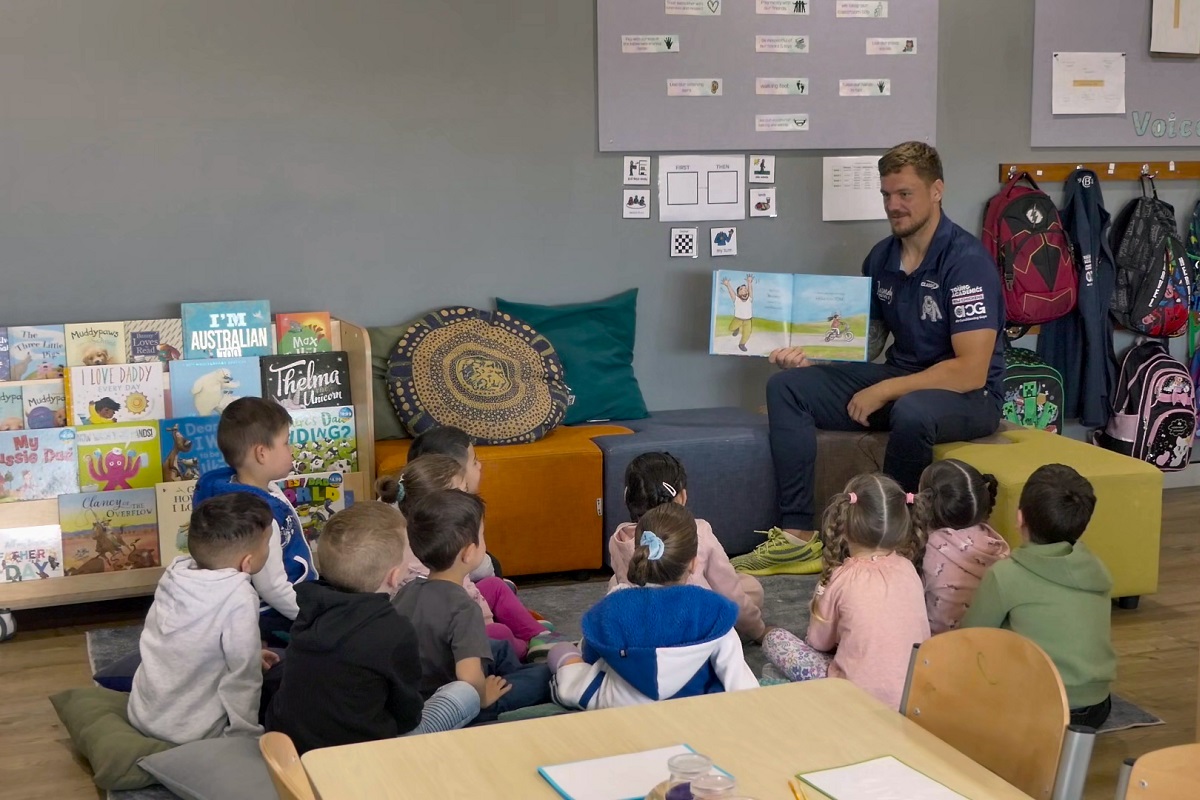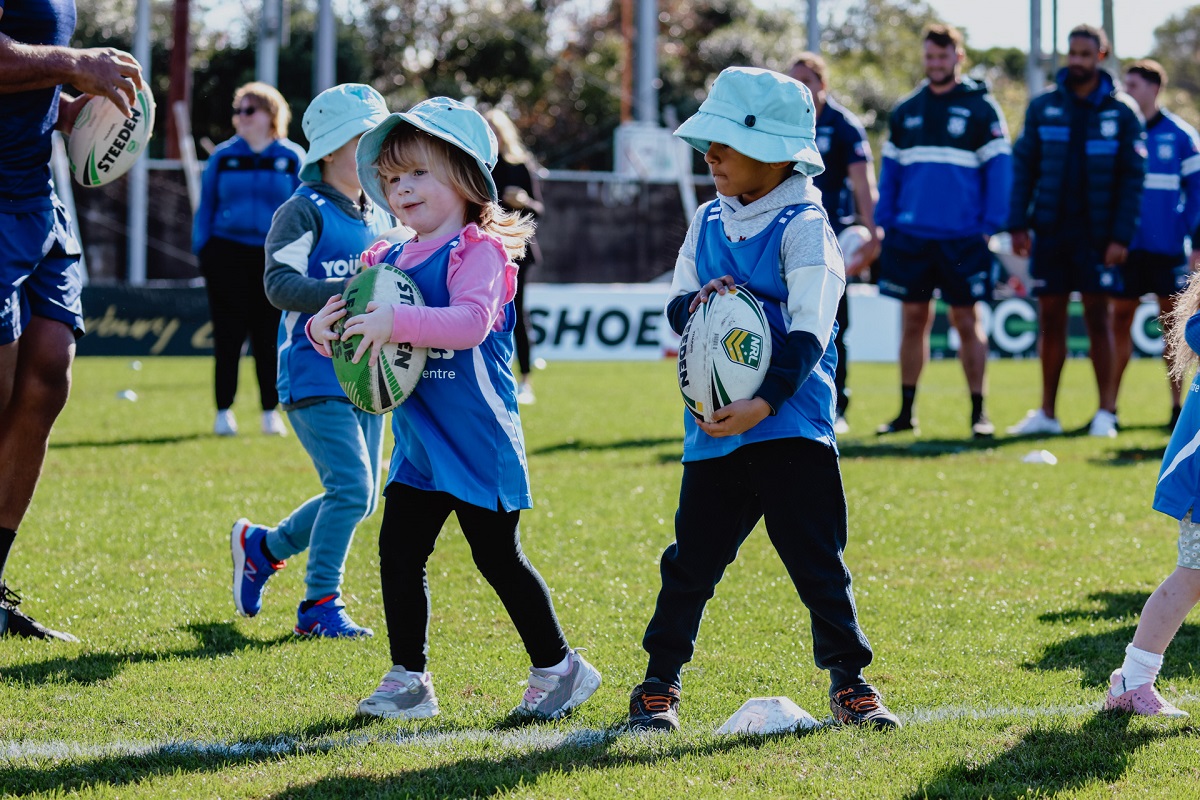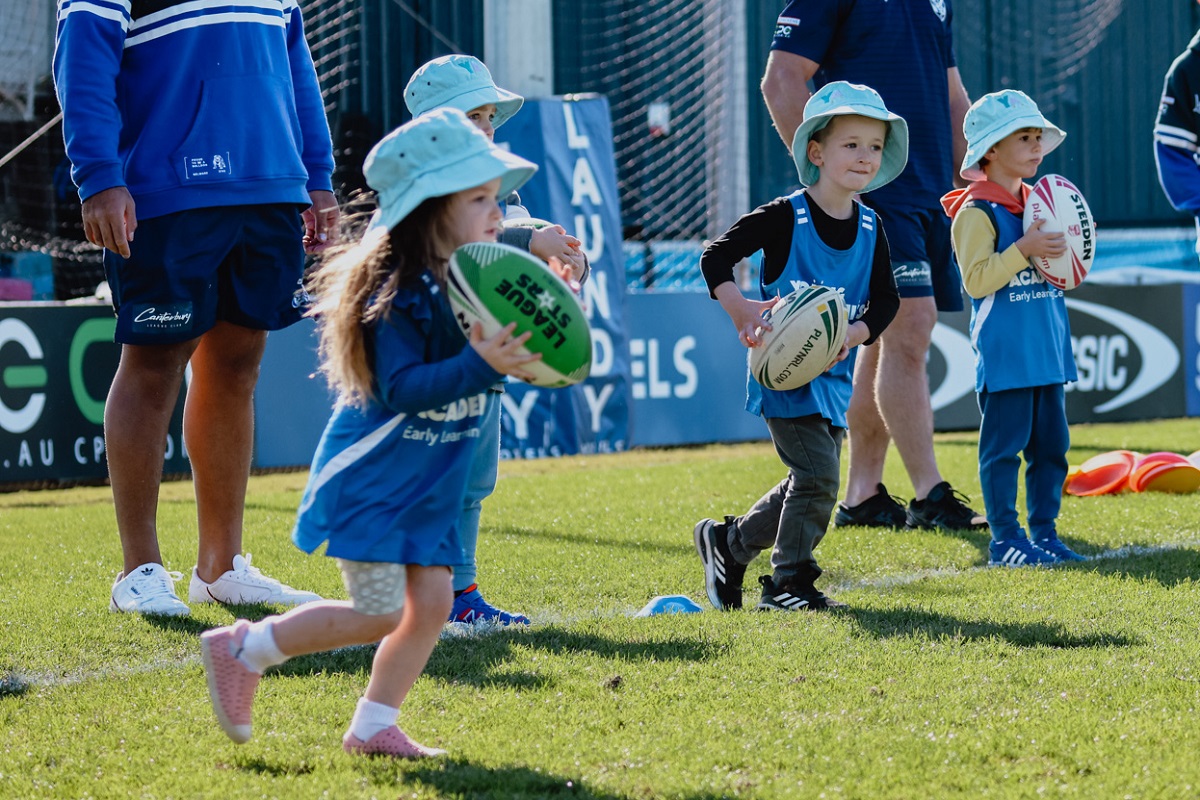Child care facilities are almost partially responsible for teaching children the necessary skills in order for them to grow and develop into positive, social teenagers and thereafter adults.
Educators, working with child care facilities need to create programs and essential learning practices that help develop conflict coping mechanisms as well as ones that will teach children to be resilient; in simple terms, to cope with becoming a young adult.
Resilience is extremely crucial for children to learn from a young age, supporting them as they continue to develop into young adults.
State-of-the-art child care facilities indirectly inspiring resilience:
Although children perceive to have a happy-go-lucky and unphased personality, they too feel the pressure and stress adults go through. Even though it may not seem like it, children also feel stress and trauma. In general, this can be a result of neglect, abuse or death from a loved one.
Children are very alert and take in everything that is going on within their surrounding environment. They feed off their parents and other adults around them. This is why if a parent or childcare educator is going through a tough time, expressing their stress, it may then transfer onto a child making them feel anxious as well.
As parents, caretakers, and educators we are always trying to keep children away from all the harmful things that take place in the world. However, the reality is we can not possibly protect them from everything that the world is going to send their way.
Children develop feelings of sadness, vulnerability and loneliness. So, the question arises, how can childcare facilities assist in the prevention, minimisation, and sometimes cure, of these particular feelings?
Early childhood is the best time to instil resiliency into a child as they are growing, developing and taking in everything they learn around them. Caring and supporting families are the ultimate key to helping children be more resilient in everyday situations.
Here are some tips to help develop a child’s resiliency in their early childhood years through facilities and resources:
-
With facilities that encourage physical activity, they allow children to be more independent, encouraging them to handle specific tasks by themselves, building their confidence using real-life situations.
- Larger facilities that promote group play encourage children to engage in team activities as well as teach them the importance of taking turns and sharing. This will help discipline them with patience. In addition to this, this encourages interaction, communication and the building of relationships.
- The arrangement of various facilities among the centre, combined with educational resources, encourages cognitive development through problem-solving and independent processing. This also teaches children about how struggles are challenges that we can learn from. Helping them see the good in the bad is also another critical trait.
- Experiencing new ideas, places and people helps the step out of their comfort zone and learn to adapt to unfamiliar environments. The incorporation of colour and texture encourages interaction, communication and a strong sense of vibrancy, fostering creativity and understanding in children.
- The combination of indoor and outdoor play activities allow children to move between activity areas, establishing a strong sense of connectivity and movement.
Alongside this, it is important to have a supportive and caring group of family members and educators who help guide children in the right direction. Many state-of-the-art childcare facilities have professional educators who will help develop a child’s resiliency through particular tasks and activities.
How these childcare facilities can promote resilience, simultaneously decreasing conflictMany parents are faced with the defiance of their children, where conflict is very often unmissable. Situations which tend to cause conflict with young children are usually when parents instruct children to keep away from certain toys or activities.
Although no one likes conflict, it can sometimes be necessary for a child to learn from that particular situation. More often than not it is emotional to have unpleasant situations with your child. However, the reality is that these situations are going to occur whether one likes it or not.
Through these times of conflict, children are able to learn to respect other people’s needs and opinions. Children also discover that not every situation is going to end in a win-win outcome, rather they need to learn how to listen, express their feelings and deal with these situations appropriately.
The connection between conflict and state-of-the-art child care facilities are positive. Hand in hand with educators, early childhood learning can potentially assist in avoiding conflict and tantrums. This is how:
- Positive attention: it is important for educators at child care facilities to reward children with praise and attention for their positive behaviour. This can include play time with a particular resource or facility.
- Control: it is important for children to have choices within limits. Leading childcare facilities set up their environments to allow children to choose what they want to play with and access independently. These particular opportunities allow children to feel in control rather than having to listen to adults all the time.
- Remove issue: if there is an issue, it is as simple as removing it. For example, if the issue is physical such a toy or iPad, taking this away is the best option. With the help of various other activities available and the expertise of childhood teachers, there is no doubt that the issue can de-escalate.
- Self-help: it is important for educators to teach children to carry out tasks for themselves. It is important for them to feel proud of what they are doing. This builds their emotional stability and builds their confidence.
- Language skills: child care programs focus on teaching children how to express themselves as best as possible. Due to their limited language skills, it is important for educators to teach them basic words or terms which will help express their feelings for example ‘stop’ or ‘I don’t like it’ can simply determine what a child wants.
Young Academics is a state-of-the-art child care centre that invests in high-calibre facilities and resources. This promotes the teaching of many important life skills that help with child development; mentally and physically. We understand how to cater to your child and teach them life-long skills in a nurturing way.
Not only do we have amazing facilities and programs, but our educators are truly committed to providing children with the ultimate learning experience. We believe in helping your child grow into the best version of themselves.
At Young Academics, we care.Enquire Online today or call us on 1300 668 993 for additional information about a YA near you!



 BACK
BACK



